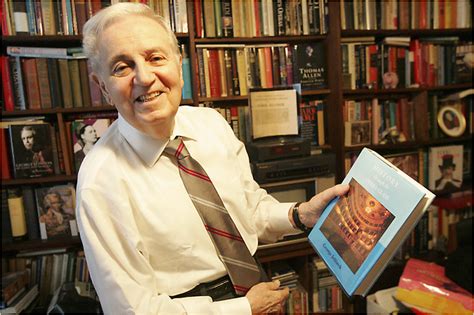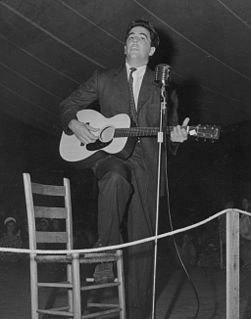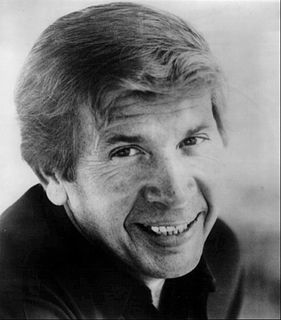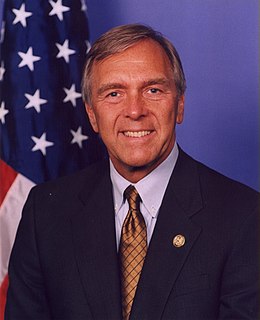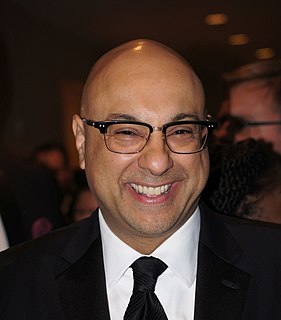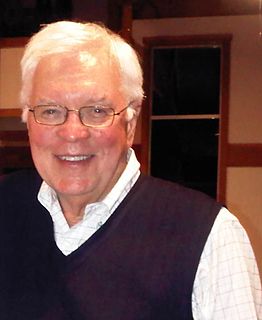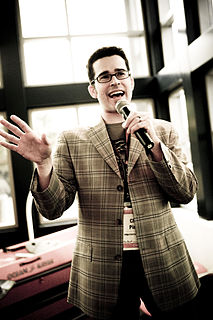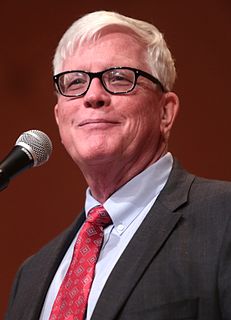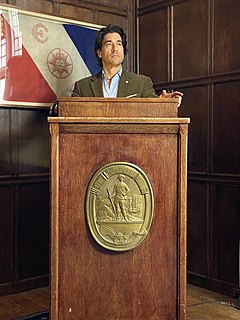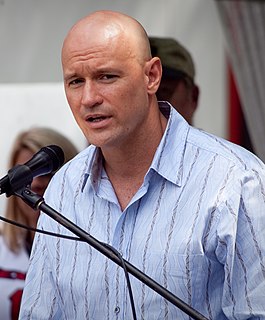A Quote by George Jellinek
The history of a people are found in its songs.
Quote Topics
Related Quotes
Despite our founding principles and the many ways our constitution has protected individual liberties, we do, let's admit it, have a long history of shutting people out--african americans, women, gays and lesbians, people with disabilities--and throughout our history, we have found too many ways to divide and exclude people from their ownership of the law and protection under the law.
Music expresses feeling, that is to say, gives shape and habitation to feeling, not in space but in time. To the extent that music has a history that is more than a history of its formal evolution, our feelings must have a history too. Perhaps certain qualities of feeling that found expression in music can be recorded by being notated on paper, have become so remote that we can no longer inhabit them as feelings, can get a grasp of them only after long training in the history and philosophy of music, the philosophical history of music, the history of music as a history of the feeling soul.
The choice that I made was from my best music, for the songs that I knew that the public liked. Then, when I recorded my new songs I found that my old material had not faded, it was still current, the music was good and the songs were great. I sat in my house and listened, got the chills, and I thought, how great is that? It hasn't dated, it hasn't gone anywhere, and it's great.
